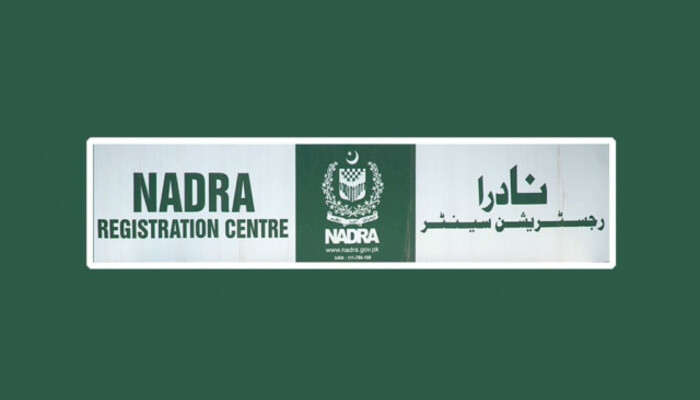Pakistan’s identity system is entering a new phase with the introduction of updated CNIC and B-form rules. On the directions of Federal Interior Minister Mohsin Naqvi, NADRA has rolled out strict new procedures to enhance documentation accuracy and public service efficiency.
Birth Registration Made Mandatory
A key change in the revised policy is the requirement for birth registration at the local Union Council level before applying for a B-form. This aims to eliminate fraudulent entries and bolster child protection efforts across the country.
Age-Based Biometric Categories
NADRA has introduced biometric requirements based on age to streamline identity verification:
-
Children under 3: No biometrics or photograph required.
-
Ages 3 to 10: Photograph and iris scan are mandatory.
-
Ages 10 to 18: Photograph, fingerprint biometrics, and iris scan required.
Every child will now receive an individual B-form with a defined validity period. While previously issued B-forms remain valid, a new B-form is compulsory for passport applications.
Read: Pakistan Condemns India’s Stand on Indus Waters Treaty,
Legal Status for Family Registration Certificate
In another major update, the Family Registration Certificate (FRC) now holds legal status. Applicants must submit a declaration confirming the accuracy of their family records. The FRC will reflect details of individuals in multiple marriages. Women can now choose whether to display their father’s or husband’s name on their CNIC.
Fast-Tracked CNIC Solutions
To improve service delivery, NADRA will resolve all CNIC confiscation and restoration cases within 30 days. A chipless identity card has also been launched, featuring bilingual (Urdu and English) information and a QR code for instant verification. It comes at a lower cost and is delivered faster than traditional smart cards.
Biker Service Expanded in Karachi
To widen service outreach, NADRA has expanded its Biker Service in Karachi from 3 to 8 mobile units. This step is aimed at ensuring quick and easy access to registration services for the city’s growing population.
These changes are part of a broader effort to modernize Pakistan’s identity infrastructure and strengthen data security.
Follow us on Instagram, YouTube, Facebook,, X and TikTok for latest updates
